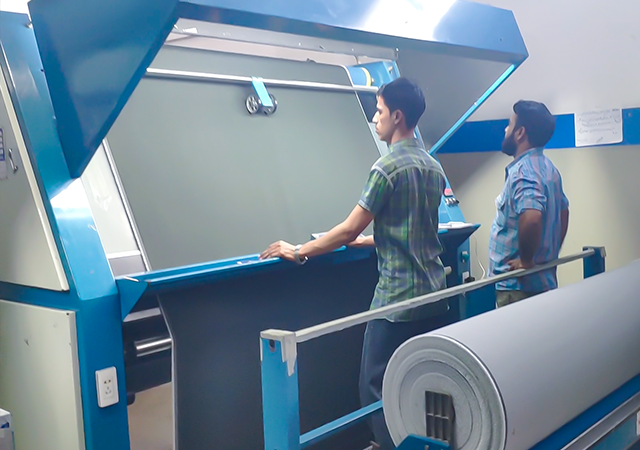The textile industry in emerging markets is experiencing a significant upswing in 2024, primarily driven by robust economic growth and a strategic focus on industrialization. This transformation has far-reaching implications, contributing not only to the expansion of the textile sector but also exerting a positive influence on the overall economic landscape of these emerging economies.
Economic Growth and Industrialization:
Industrialization remains a linchpin for the burgeoning textile industry in emerging markets. The economic impact is multifaceted, with increased production levels translating into a substantial boost in economic growth. As countries embrace industrialization, a cascade effect ensues, fostering job creation, particularly in manufacturing and related sectors. This not only mitigates unemployment rates but also elevates the standard of living for individuals and families.
Moreover, the expansion of the textile industry often spawns the development of ancillary sectors such as transportation, logistics, and packaging, contributing further to the overall economic growth. The infusion of jobs and economic activity into these emerging markets establishes a foundation for sustained prosperity.
Furthermore, industrialization attracts investment and catalyzes innovation. The development of manufacturing capabilities in these markets makes them appealing to foreign investors seeking to tap into the growing textile industry. This influx of capital brings in new technologies, knowledge, and expertise, fostering innovation within the sector and enhancing overall competitiveness on the global stage.
Increasing Demand for Affordable Clothing:
The economic growth and industrialization of emerging markets in textiles have led to a noticeable surge in the demand for affordable clothing. As these markets expand, consumers are increasingly seeking fashionable and high-quality garments at reasonable prices. This demand is fueled by changing consumer preferences, increased disposable income, and the rise of fast fashion brands in these regions.

High-Quality Textile Manufacturing:
The combination of cost-effective production methods and technological advancements has propelled the emergence of high-quality textile manufacturing in these markets. Manufacturers have adopted innovative techniques and cutting-edge machinery, enabling them to produce textiles of superior quality while maintaining competitive prices. This has positioned emerging markets to meet the global demand for high-quality textiles.
Technological Advancements in Manufacturing:
Technological advancements continue to play a pivotal role in the rise of the textile industry in emerging markets. Automated production processes, in particular, have revolutionized manufacturing, ensuring faster and more consistent production while reducing costs. Smart textiles, integrating technology into fabrics for enhanced functionality and performance, have become a hallmark of innovation in these markets. Sensors and connectivity enable these textiles to monitor vital signs, adjust temperature, or provide UV protection, opening up new possibilities for the industry and catering to a tech-savvy consumer base.
These technological advancements enable manufacturers in emerging markets to stay competitive globally, meeting the demands of a tech-driven audience and positioning themselves as leaders in the textile industry.
Opportunities for Manufacturers and Retailers:
The current landscape presents numerous opportunities for manufacturers and retailers to capitalize on the growing potential of the textile industry in emerging markets. Leveraging lower labor costs in these regions allows companies to improve manufacturing efficiency and reduce production costs, ultimately leading to higher profit margins.
Market expansion is another promising avenue for manufacturers and retailers. Emerging markets boast a large consumer base with increasing purchasing power, providing an opportunity to tap into new customer segments and drive sales growth. Additionally, these markets often have less competition compared to mature markets, offering companies a chance to establish themselves as market leaders.
SUNTECH Textile Machinery, a renowned manufacturer with a legacy of automation and intelligent manufacturing technology, offers a comprehensive range of textile machinery, the product ranges encompass almost all fabric types, including but not limited to fabric cutting machine, fabric inspection machine, automatic packaging machine, motorized warp beam lift trolley, and beam storage. SUNTECH Textile Machinery continues to deliver remarkable achievements to the global textile sector.




